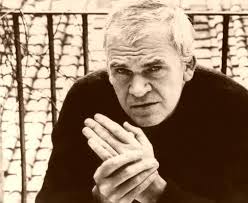De-fine, De-note, De-mark... just say it.
"Literature is the question minus the answer." –Roland Barthes
“Life itself is a quotation.” –Borges
“Literature is a form of language that breaks with the whole definition of genres as forms adapted to an order of representations, and becomes merely a manifestation of a language which has no other law than that of affirming in opposition to all other forms of discourse its own precipitous existence." –Foucault
"Art is the placing of your attention on the periphery of knowing." –Robert Irwin
“Writing is nothing more than a guided dream.” –Borges
“Love is by definition an unmerited gift; being loved without meriting it is the very proof of real love.” –Kundera
“Writers are the exorcists of their own demons.” –Vargas Llosa
“But what is memory if not the language of feeling, a dictionary of faces and days and smells which repeat themselves like the verbs and adjectives in a speech, sneaking in behind the thing itself,into the pure present, making us sad or teaching us vicariously...” –Cortázar
“All extremes of feeling are allied with madness.” –Woolf
“The pen is the tongue of the mind.” –Cervantes
"True art can only spring from the intimate linking of the serious and the playful" –Goethe
“The solitude of writing is a solitude without which writing could not be produced, or would crumble, drained bloodless by the search for something else to write.” –Duras



